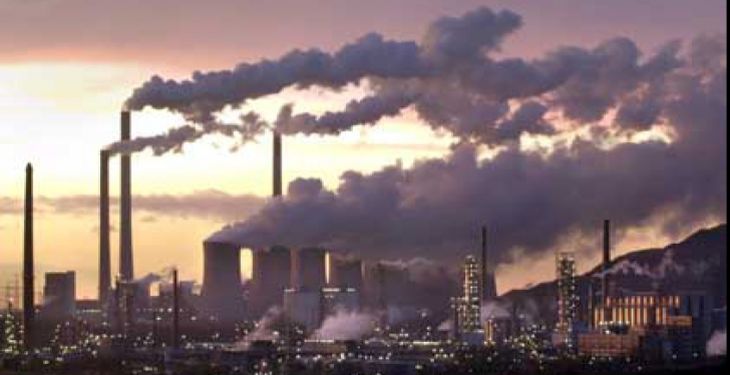Germany has mined and burnt lignite for hundreds of years and has the physical scars to show for it. From the Rhineland in the west to the Lausitz in the east, the landscape is pockmarked by vast open-pit mines, empty save for colossal excavators burrowing ever deeper into the ground.
But a government-appointed task force is set on February 1 to release a plan on ending the use of lignite, or brown coal, in a crucial decision for Germany’s energy industry and its standing in the fight against climate change.
Lignite — one of the dirtiest sources of energy — accounts for almost a quarter of electricity generated in Europe’s largest economy and 20,000 jobs. But Germany’s reliance on the cheap fuel is seen as a key reason why it has fallen behind its climate change goals, according to Financial Times.
Environmental campaigners want Berlin to show it is serious about cutting greenhouse gas emissions by closing lignite-fired power plants sooner rather than later. But just how soon has been the subject of an intense political debate.
The task force — convened by Chancellor Angela Merkel last year — is made up of representatives of industry, politics and environmental groups. Its overarching mandate is to ensure Germany’s energy sector meets its 2030 climate targets, which means cutting greenhouse gas emissions by just over 60 per cent from a 1990 baseline.
But the group must also work out how to compensate affected companies and regions, some of which depend heavily on lignite mining. The Lausitz, for example, which sits south-east of Berlin, has few other industries and none are large enough to absorb thousands of job losses.
One of the few certainties, according to people involved in the talks, is that the final compromise will be expensive for German taxpayers — possibly costing several billion euros a year over the next two decades.
“Everyone has something to lose: industry, the regions, workers and the electricity producers themselves,” said Holger Lösch, deputy director-general of Germany’s BDI industry federation. “If they are not compensated adequately, then there might be no deal. And that is what the government has only now started to calculate. The question is: who is going to pay for all this?”
Tina Löffelsend, head of energy and national climate policy at Bund, one of the environmental groups on the committee, said: “At the end of the day, a lot of this is about money. The regions want money, industry wants money and the power companies want money too. But the federal government has yet to show its hand.”
Perhaps the most controversial part of the commission’s mandate is the need to work out an end date for lignite use in Germany. Environmental groups want the last lignite-fired power stations to be shut in 2030, but utilities and industry representatives say this is too ambitious.
